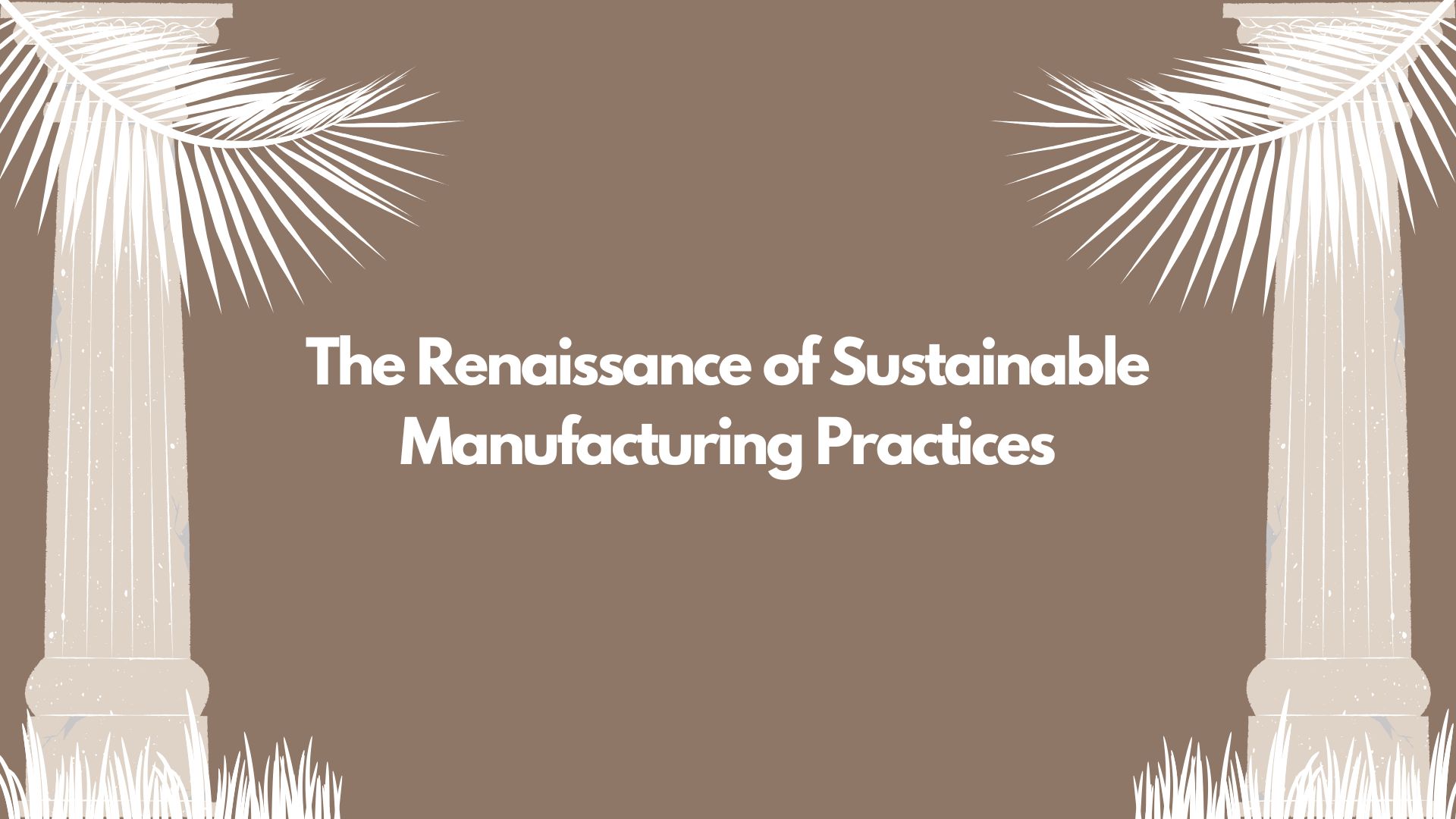Introduction
The manufacturing industry is experiencing a renaissance with a growing emphasis on sustainability. As global awareness of environmental issues rises, manufacturers are adopting sustainable practices to reduce their carbon footprint, conserve resources, and enhance their corporate reputation. This blog delves into the importance of sustainable manufacturing and explores strategies to achieve it.
Understanding Sustainable Manufacturing
Sustainable manufacturing involves creating products in ways that minimize negative environmental impacts, conserve energy and natural resources, and ensure economic viability and safety for employees, communities, and consumers.
Key Strategies for Sustainable Manufacturing
- Energy Efficiency: Implementing energy-efficient processes and equipment can significantly reduce energy consumption and greenhouse gas emissions.
- Waste Reduction: Adopting lean manufacturing principles and recycling materials can minimize waste production and improve resource utilization.
- Water Conservation: Using water-efficient technologies and practices helps conserve this vital resource and reduce water treatment costs.
- Green Supply Chain: Collaborating with suppliers who follow sustainable practices ensures that the entire supply chain contributes to environmental sustainability.
- Product Lifecycle Management: Designing products with their entire lifecycle in mind, from raw material extraction to disposal, helps reduce their environmental impact.
Benefits of Sustainable Manufacturing
- Cost Savings: Reducing energy, water, and material usage can lead to significant cost savings in the long run.
- Regulatory Compliance: Meeting environmental regulations can prevent legal issues and fines.
- Enhanced Reputation: Companies known for their sustainable practices can attract environmentally conscious consumers and investors.
- Innovation: Embracing sustainability can drive innovation in product design and manufacturing processes.
- Employee Satisfaction: A commitment to sustainability can improve employee morale and attract top talent who value corporate responsibility.
Case Study: Sustainable Manufacturing at [Company Name]
[Company Name], a leading automotive manufacturer, has integrated sustainable practices into their operations:
- 50% Reduction in Energy Use: By upgrading to energy-efficient machinery and utilizing renewable energy sources.
- 30% Waste Reduction: Through comprehensive recycling programs and lean manufacturing techniques.
- Water Conservation: Implementing water recycling systems, reducing water usage by 40%.
Conclusion
Sustainable manufacturing is not just an ethical choice; it’s a strategic imperative for long-term success. By adopting sustainable practices, manufacturers can reduce their environmental impact, lower costs, and enhance their competitive edge.









